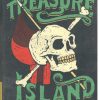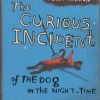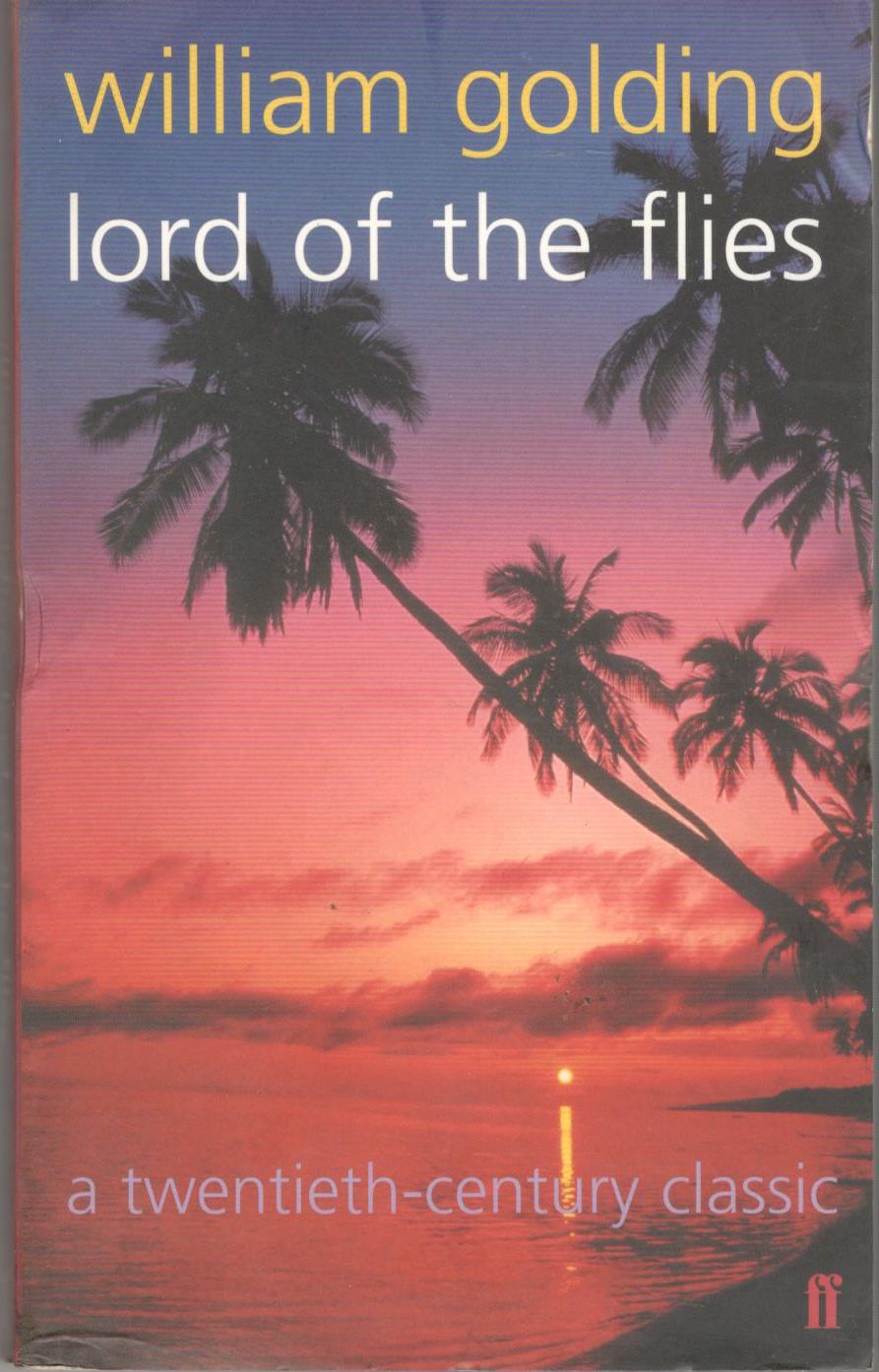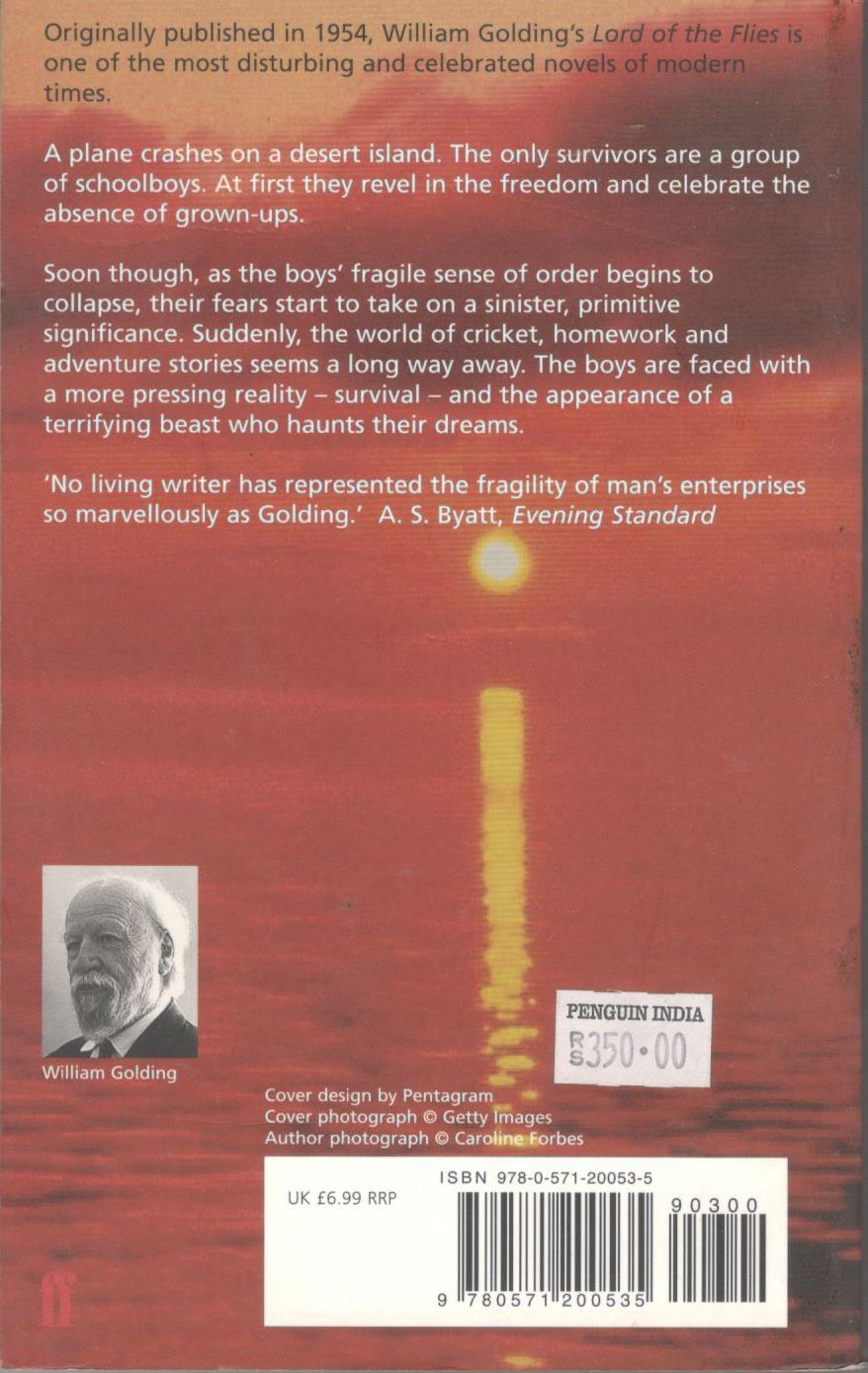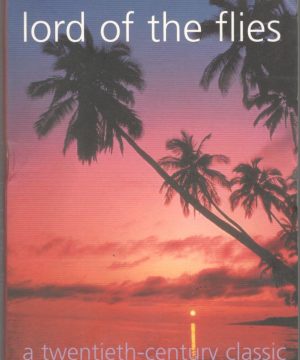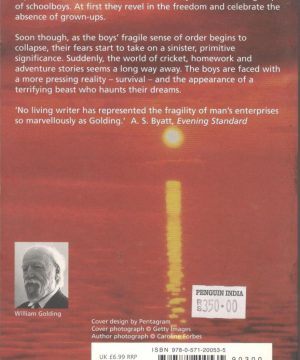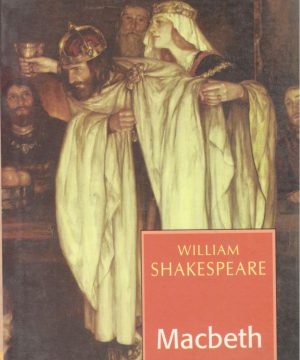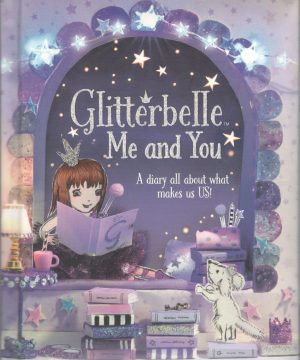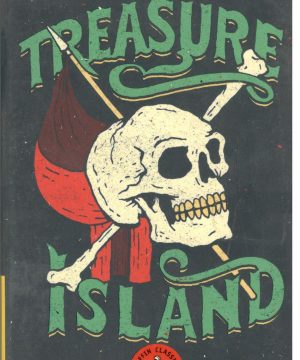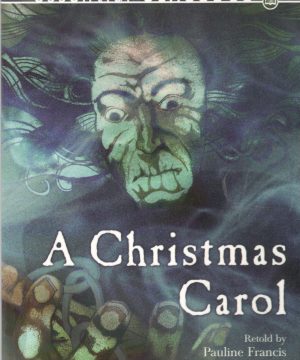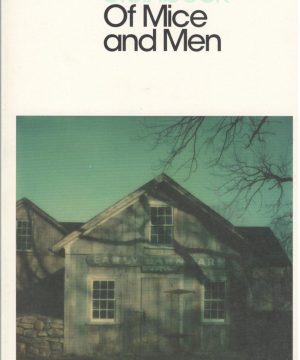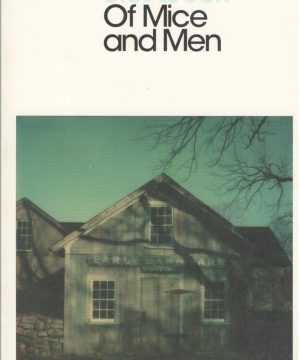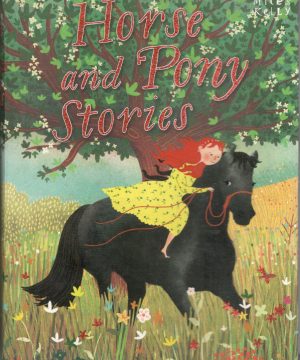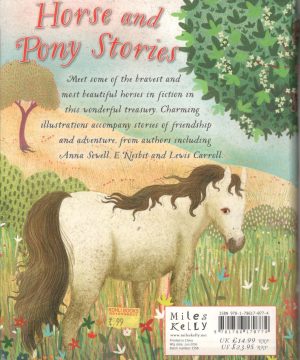Subtotal: ₹600
William Golding by Lord of The Flies
₹350
About the Book: Lord of the Flies
Lord of the Flies, written by Nobel Laureate William Golding is a novel based on a group of British boys who are marooned on an uninhabited island.
This book is an adventure story about a plane crash that lands a group of British boys, all under the age of 13, to survive on a wild island that is located far away from civilization. However, this book goes far beyond the usual teenage adventure stories. Lord of the Flies depicts the fight between humanity and mans savage instincts.
About the Book: Lord of the Flies
Lord of the Flies, written by Nobel Laureate William Golding is a novel based on a group of British boys who are marooned on an uninhabited island.
This book is an adventure story about a plane crash that lands a group of British boys, all under the age of 13, to survive on a wild island that is located far away from civilization. However, this book goes far beyond the usual teenage adventure stories. Lord of the Flies depicts the fight between humanity and mans savage instincts.
The school boys who are stranded on the island realize that to survive they need to form and function like a community. A leader, Ralph, is elected and a twenty-hour smoke signal is started to alert rescue teams of their existence. However, with time, the social structure created by the boys starts to break down as Jack, a choir boy, tries to become the leader of the masses. Ralph is then stuck between reason and his instincts in order to do what is best for them all.
Golding presents the reality of human behaviour in all its complexities and darkness through this book. Lord of the Flies throws light on the fight between power and morality, the tug-of-war between savagery and civilization, the fear of the unknown, and the will to survive against impossible odds.
The novel became a part of the curriculum in many schools and colleges and turned into a bestseller, even though it was met with lukewarm response initially. In fact, it is now considered to be a modern classic. It has also been made into a movie twice, once in 1963 by Peter Brook and much later in 1990 by Harry Hook.
About the Author: William Golding
Sir William Golding was a British writer of poetry, novels, and plays, and a Nobel Laureate of literature. The author won the Nobel prize in the year 1983 and the Booker prize in 1980 for his novel, Rites of Passage.
Hes the author of other novels such as The Paper Men, The Pyramid, and Free Fall. He also authored non-fictional books like The Hot Gates and The Moving Target. In 1934, he published a book of poetry named Poems, and in 1958, he wrote the play The Brass Butterfly.
Golding was known for writing about a wide range of topics and his general pessimism in the face of humanity and general social structures. His books often feature allegorical references and Christian symbolism in a subtle manner, and are set in closed communities. His style of writing is characterized by his questions on ethics, power, spirituality, and the darkness within the human heart.
| Weight | 400 g |
|---|

 NCERT Book Set for Class 1 (Set of 3 Books)
NCERT Book Set for Class 1 (Set of 3 Books)  Prachi Science Lab Manual for Class 10
Prachi Science Lab Manual for Class 10 

